Flensburg Süßbitter (2023)
Género : Documental, Historia
Tiempo de ejecución : 0M
Director : Ben Schaub, Daniel Schmidt, Antonia Leese, Lea Majer, Lena Dandanelle
Sinopsis

Five women, members of the Sans Papiers, talk about the history and reasons for founding the organisation, as well as their most important demands, like getting permits of residence for refugee women so they don't depend on their husbands' status.

In the minds of people, Brussels is no longer a geographical location; it is now a myth-surrounded centre, where decisions are made regarding future life in Europe. The most brilliant minds from the European countries have convened in Brussels: former state leaders, highly-placed officials, advisors, translators and interpreters, as well as family members of all these people. Together, they comprise a sort of separate planet ruled by special laws and using new methods of communication; it is a place of a high concentration of power and all sorts of creature comforts. The anxiety following the 2016 attacks on Brussels has taken everyone by surprise, and the question whether to stay on Planet Brussels now comes up increasingly often. The Brexit news gave completely different kind of concussion to the commonly established center of Europe.

Writer and filmmaker Assia Djebar explores Algerian history, the psychological impact of war, and post-colonial female identity in this 1979 classic of film literature. Named for (and taking its structure from) a traditional song with five distinct movements, the film combines documentary-style observation with loose narrative form to tell the story of Lila, an Algerian expatriate returning to her country 15 years after independence has been won. In comparing her life with the lives and experiences of rural Algeriennes, Lila is able to put her childhood demons to rest and discover a new history -- one written in the ongoing strength of generations of women. Like much of Djebar's writing, the film has a strong subtext dealing with resistance to patriarchy and women's desire to appropriate the means of power and expression -- one of which, of course, is the filmmaker's camera.
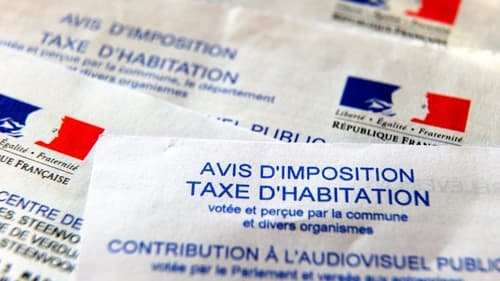
Too high, misused, unfair... a large part of the French and Europeans criticize taxes. From tax-rascal to tax revolt, the movement of yellow vests in France has returned to the center of attention the question of consent to tax. How to explain a different resistance to taxes from one country to another without tax pressure being an explanation? Is there a "good" tax? Jean Quatremer takes us on a journey to the tax center across Europe, to meet those who pay it, those who decide it, those who study it... or those who allow to avoid it.
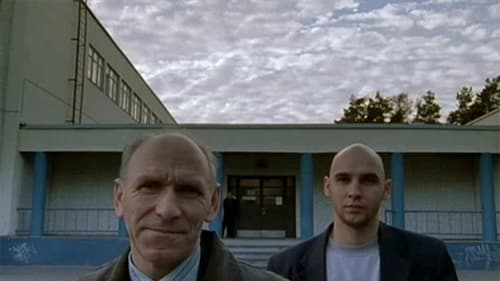
Veinticinco cineastas, uno por cada estado de la Unión Europea, realizaron una película sobre sus respectivos países. Todas tenían el mismo presupuesto, debían estar ambientadas en el presente o en un futuro inmediato y durar cinco minutos. No había otras limitaciones, de modo que los autores tenían plena libertad para expresarse. Entre los directores figuran tanto nombres consagrados como voces nuevas dentro del panorama cinematográfico. Cada corto tiene su propia identidad, por lo que es posible establecer comparaciones fascinantes; pero, además, juntos ofrecen una imagen global de la Comunidad Europea a través de la fusión de esas distintas visiones conceptuales y creativas.
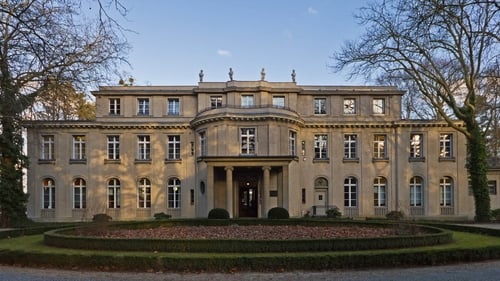
El 20 de enero de 1942, líderes del partido nazi y oficiales del gobierno alemán mantuvieron una reunión secreta en las afueras de Berlín para planificar la llamada "solución final", es decir el exterminio de los judíos. Esta película es una recreación histórica de la Conferencia de Wannsee, presidida por Reinhard Heydrich, general de las S.S. y máximo responsable de la seguridad del Tercer Reich.

Gran Bretaña, siglo XVIII. John Mohune, un niño de familia noble pero pobre, es enviado por su madre moribunda a Moonfleet, para que se ponga bajo la protección de Jeremy Fox. El chico descubre que Fox, además de ser un antiguo amante de su madre, es el jefe de una banda de bucaneros. Entre los dos surgirá una extraña amistad y juntos vivirán apasionantes aventuras.
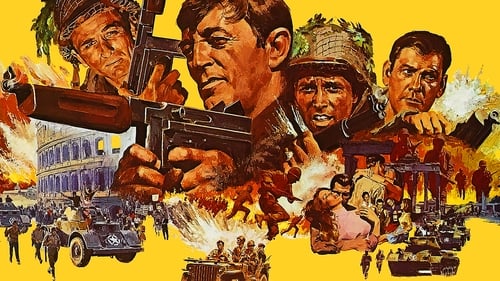
En 1944, las tropas aliadas, procedentes del Norte de África, desembarcan en Anzio (Italia). Una vez allí, el corresponsal de guerra Dick Ennis (Robert Mitchum) y el cabo Rabinoff (Peter Falk), después de explorar el terreno, le comunican al General Lesley (Arthur Kennedy) que el camino a Roma está completamente despejado. A pesar de ello, Lesley, en lugar de dirigirse a la capital, intenta levantar una fortaleza en la costa, que será sitiada por los alemanes.
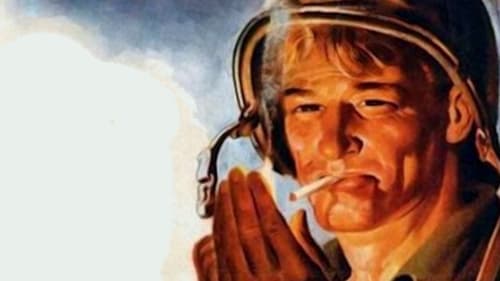
A documentary account of the allied invasion of Europe during World War II compiled from the footage shot by nearly 1400 cameramen. It opens as the assembled allied forces plan and train for the D-Day invasion at bases in Great Britain and covers all the major events of the war in Europe from the Normandy landings to the fall of Berlin.
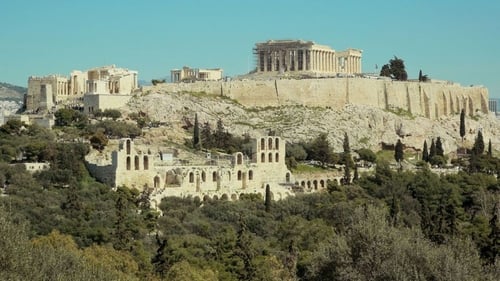
Huesos hallados recientemente en diferentes lugares de Europa, parecen pertenecer al Danuvius guggenmosi, el eslabón perdido, buscado durante décadas por los científicos.

The film starts just when WWII is over. A German ship, m / s Homberg, arrived at Malmö Nyhamn on May 11, 1945. On board there were over 1300 former concentration camp prisoners to be taken care of. We then follow one of the Red Cross Sergeant who was in Germany and received prisoners from concentration camps for further transport by boat to Sweden. 10000 prisoners would be decontaminated and made ready for departure. This happened in Lübeck. He was later moved to Poland to transport medical equipment to Otwock outside Warsaw where Sweden would build a hospital. Through his amateur photos we get an insight into the difficult circumstances that prevailed.

At the beginning of the 60's, thousands of Portuguese turned up in France through the underground. They were fleeing misery, war and repression. Left to unscrupulous smugglers, they had to cross the Iberian Peninsula tracked by the Portuguese and Spanish police. For many, the voyage towards France turned into a disaster. As a child in a shantytown, the author remembers having heard about these terrible odysseys. Thirty years later, he goes in search of the stories of his childhood and seeks to understand what sparked this unprecedented emigration known as the "plebiscite by foot" against Salazar. Between childhood memories and historical investigation, he looks for the images of this exodus, the largest in post-war Europe.

A feature-length documentary to show why Britain should vote to LEAVE the EU - and would thrive outside of it. Brexit: The Movie spells out the danger of staying part of the EU. Is it safe to give a remote government beyond our control the power to make laws? Is it safe to tie ourselves to countries which are close to financial ruin, drifting towards scary political extremism, and suffering long-term, self-inflicted economic decline?
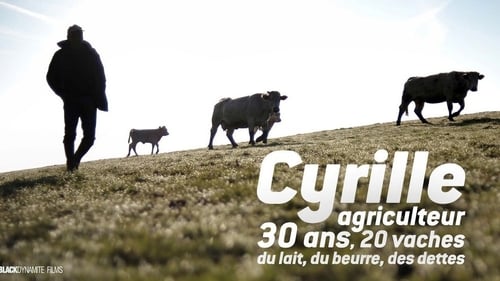
Cyrille, a young gay farmer from Auvergne, has only one friend, a homosexual like him. One day, he goes on vacation to a beach in Charente Maritime. He cannot swim and sees the sea for the first time. It was there that he met the director Rodolphe Marconi who decided to devote this sensitive and gentle portrait to him, plunging us into an agricultural world in crisis and into a life often lonely and made up of hard work rarely pays off.

After numerous military operations, Major Müller can't find a way back into civilian life. Following his urge to communicate, the Major is looking for listeners and encouragement. He doesn't find either. Instead, the repeated monological memory of his own heroic deeds determines his present – with all the consequences. This 30-minute short film is based on the statements made by the mercenary Siegfried Müller in the documentary “The Laughing Man” (Walter Heynowski and Gerhard Scheumann, DEFA studio for newsreels and documentaries, 1966), as well as records from the German colonial period in Africa. An intensive contribution to the necessary public debate about the consequences of military operations.

In northern Morocco lies the Spanish enclave of Melilla: Europe on African Land. On the mountain above live over a thousand hopeful African migrants, watching the land border, a fence system separating Morocco and Spain. Abou from Mali is one of them – the protagonist in front of the camera, as well as the person behind it. For over a year, he has ceaselessly persisted in attempting to jump the fence.

This 3 episode series details the epic story of the origin of Europe - a place with a surprisingly diverse nature stretching from the snowy far north to the coast of Africa. Defined by volcanoes, ice ages, the collision of continents and even asteroids, the legacy of human history masks its awe-inspiring geological past. Born in the early days of the Earth, Europe is constantly being affected by the powerful forces of Mother Nature. It was forged in the fire and crushed by the collision of continents, carved by water and fire.
















